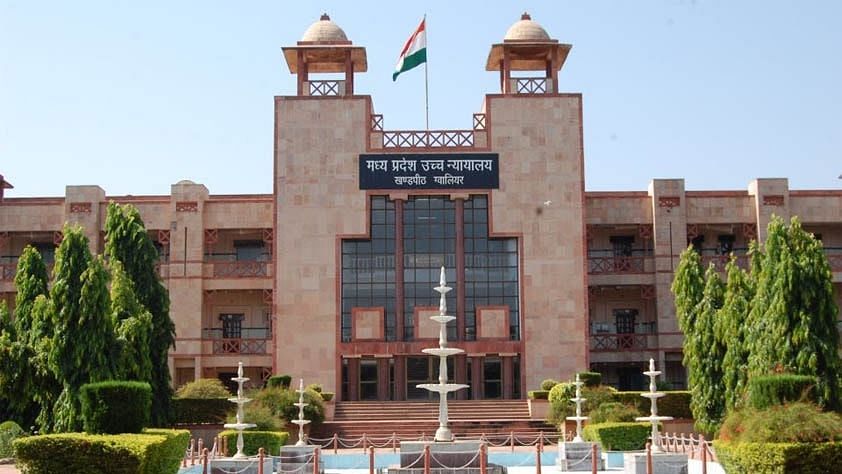Synopsis: Pointing out that the High Court also asked the accused to visit the house of the victim for rakhi, the petitioners state that this further leads to the “victimisation in their own house of the survivor.”
Aparna Bhat, advocate of the Supreme Court, and eight other women lawyers challenged the bail condition imposed by Madhya Pradesh High Court on 30 July, in which a man accused of sexual assault was asked to get a Rakhi tied to him by the victim.
However, the petitioners stated that they did not challenge the grant of bail, but only the condition set out of tying rakhi to the accused.
Pukhrambam Ramesh Kumar, Advocate on Record, has lodged a complaint seeking a stay on the condition of bail imposed on 30 July.
The challenged High Court order stated that, on 03 August 2020 at 11 a.m. with a box of sweets, the accused and his wife shall visit the complainant’s house with the Rakhi thread and request the complainant-Sarda Bai to tie the Rakhi band to him with the promise to protect her to the best of his ability for all times to come. He will also give the complainant Rs. 11,000/- as a customary ritual usually offered to sisters on that occasion by the brothers and will also seek her blessings.

The plea argues that it would belittle such a heinous offence because the judgement comes from the High Court and that “there is a strong possibility that such findings and instructions can contribute to the normalisation of what is essentially a crime and has been recognised by law to be so.”
While Rakshabandhan is a guardianship festival between brothers and sisters, the petitioners claim that the bail condition amounts to “a gross trivialization of the trauma suffered in the present case by the complainant.”
The petitioners add that the present case is of particular concern, since it took years to reverse the harmful approach taken by the courts in which cases involving sexual offences committed against women are attempted to be compromised by means of marriage or mediation between the accused and the survivor.
One of the significant questions of law posed in the plea is “Whether it is reasonable for a court to enforce conditions in a case seeking bail that requires contact between the accused and the complainant?”
The petitioners propose that the High Court order that the accused visit the victim’s house will also contribute to the “victimisation of the survivor in her own house.”
The plea further highlights that, in this case, the alleged crime of outraging the modesty of the victim was committed by the accused by unlawfully entering the house of the victim.
The objection is also raised to the fact that the survivor of sexual harassment is “required to accept the amount of Rs. 11,000 as part of Rakhshabandhan’s usual ritual” as opposed to compensation that can be granted by the courts.
The Apex Court will next hear the matter on October 16.

